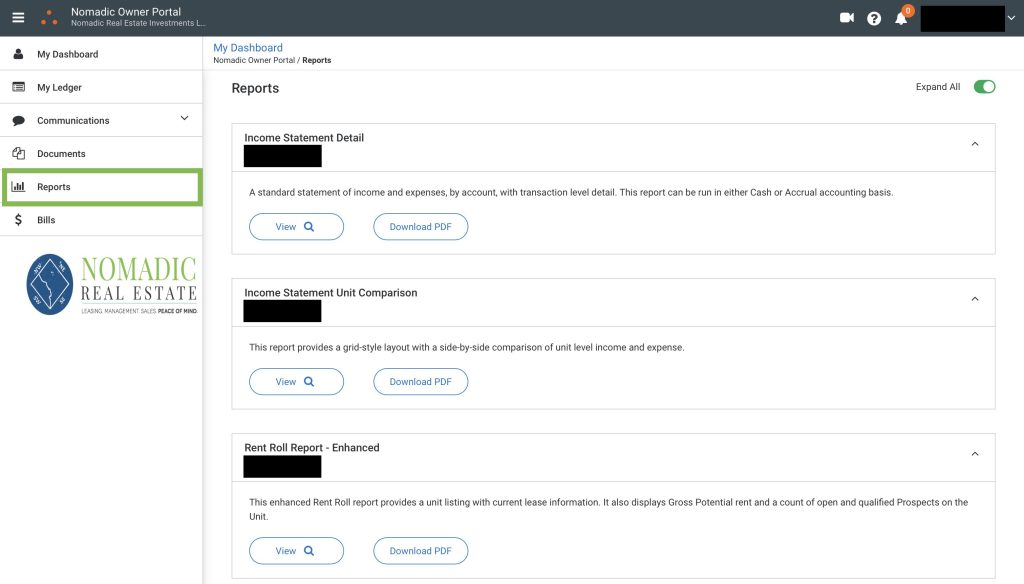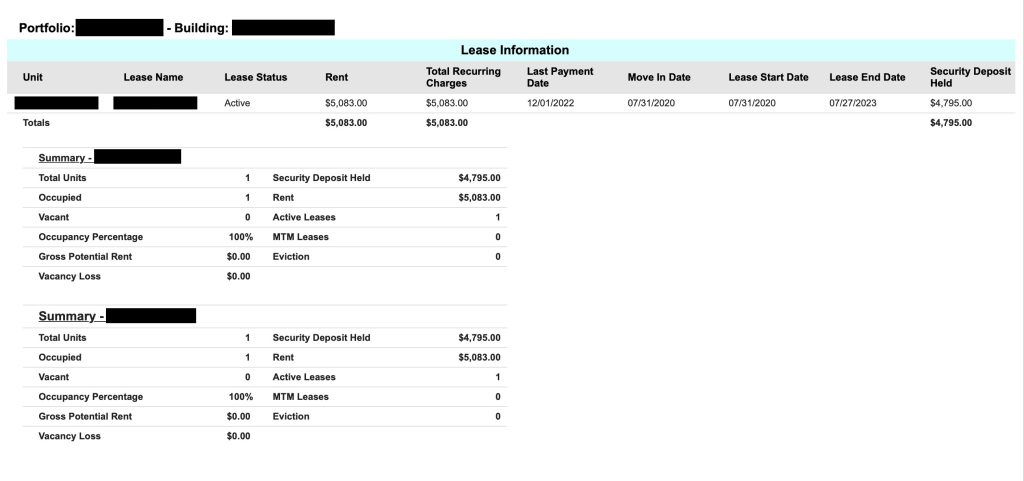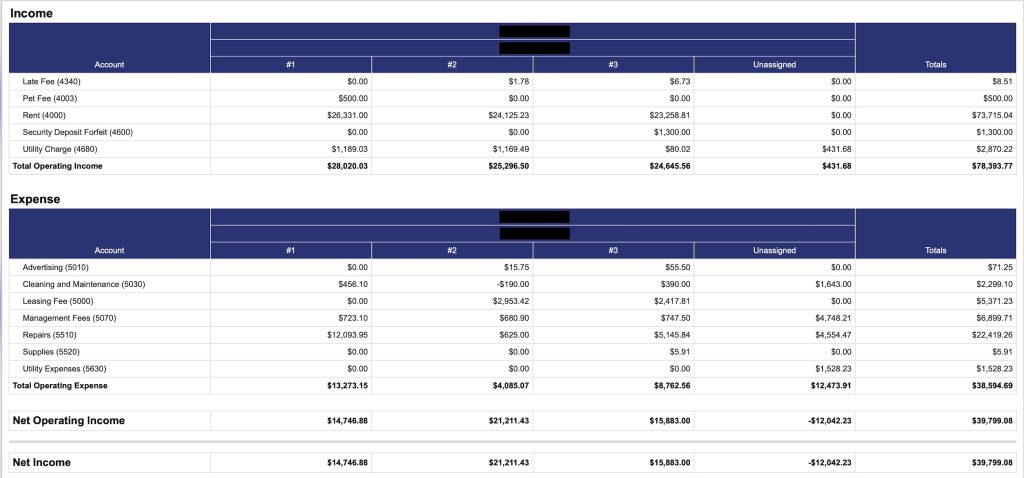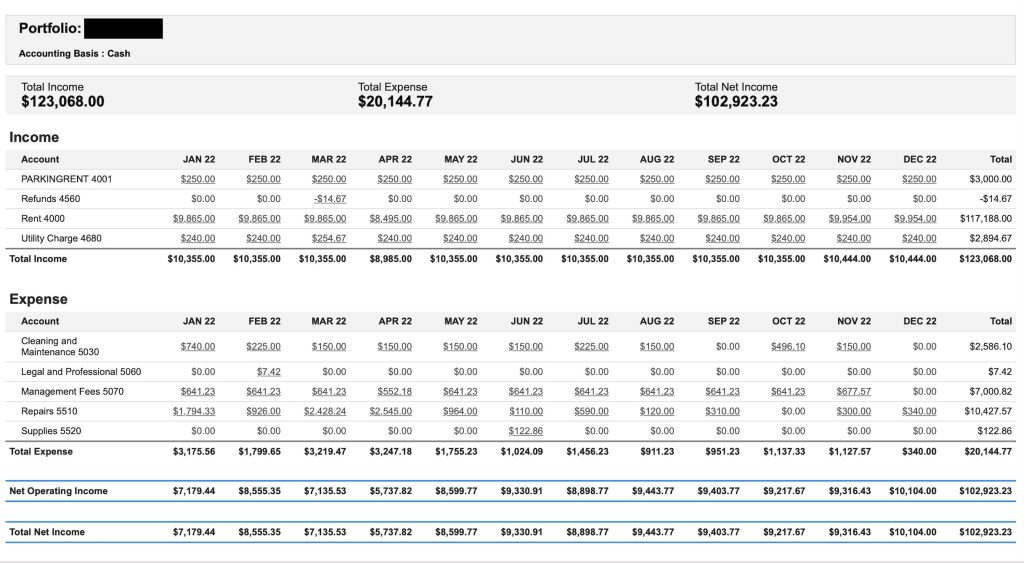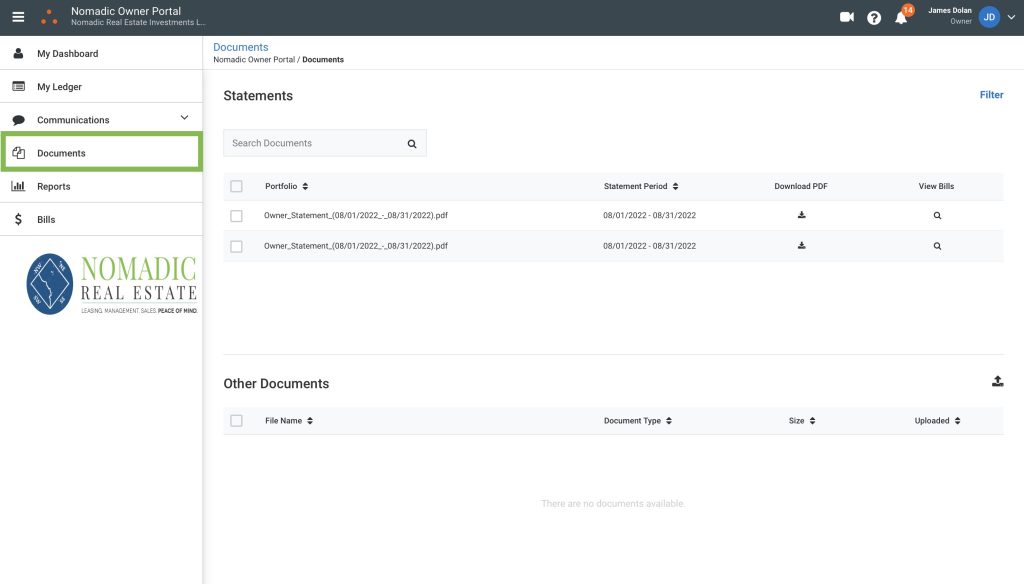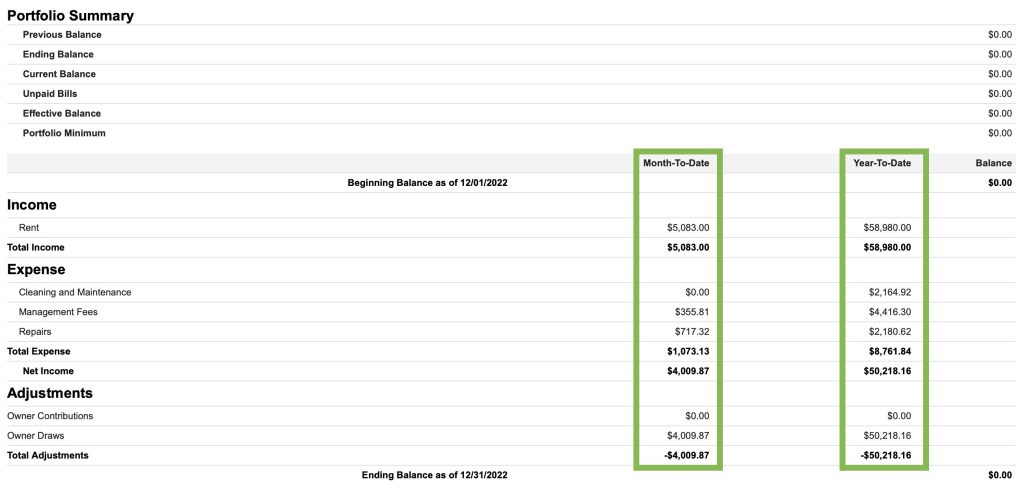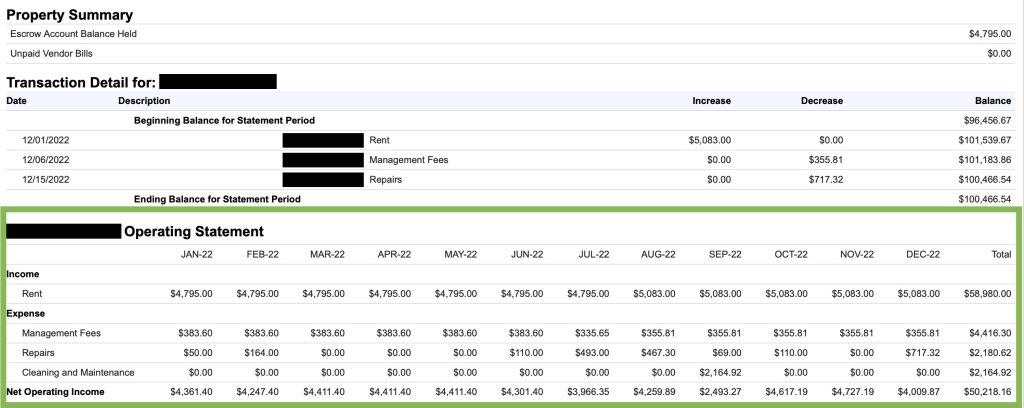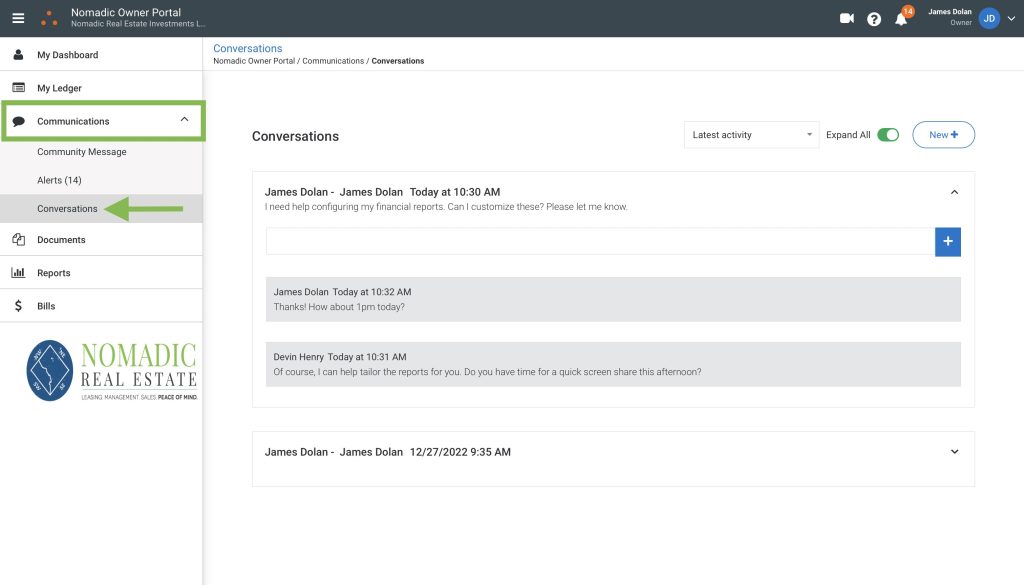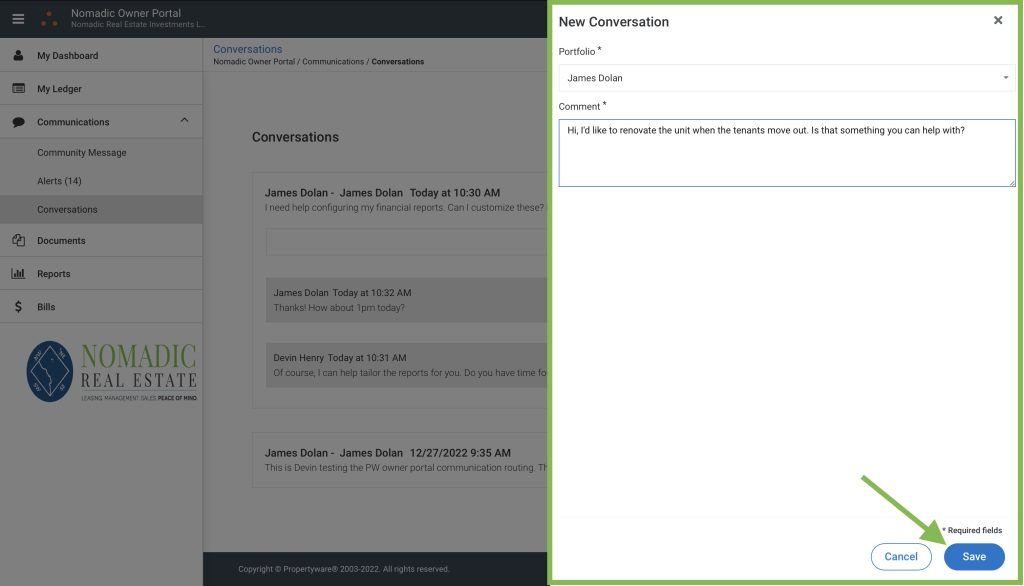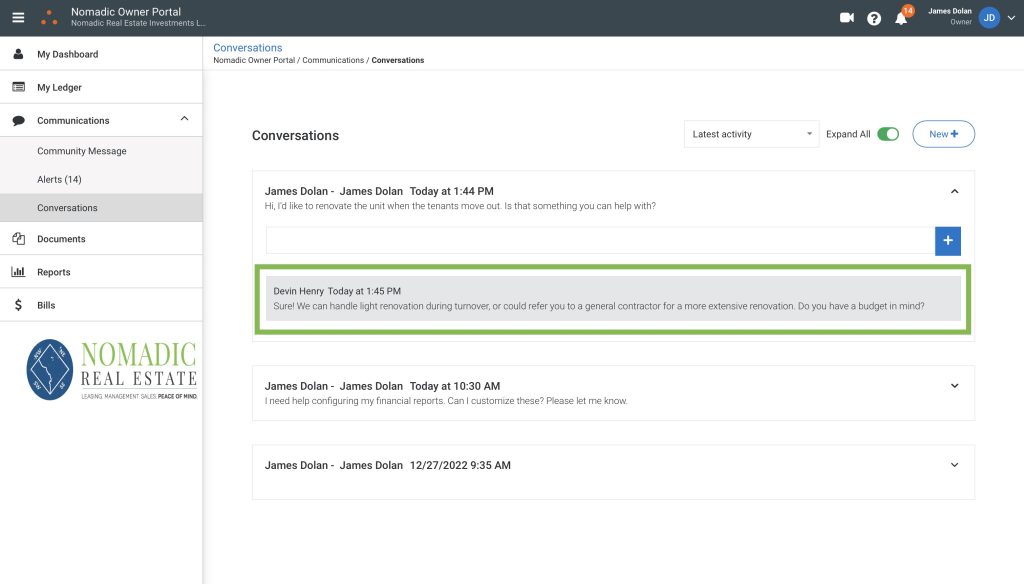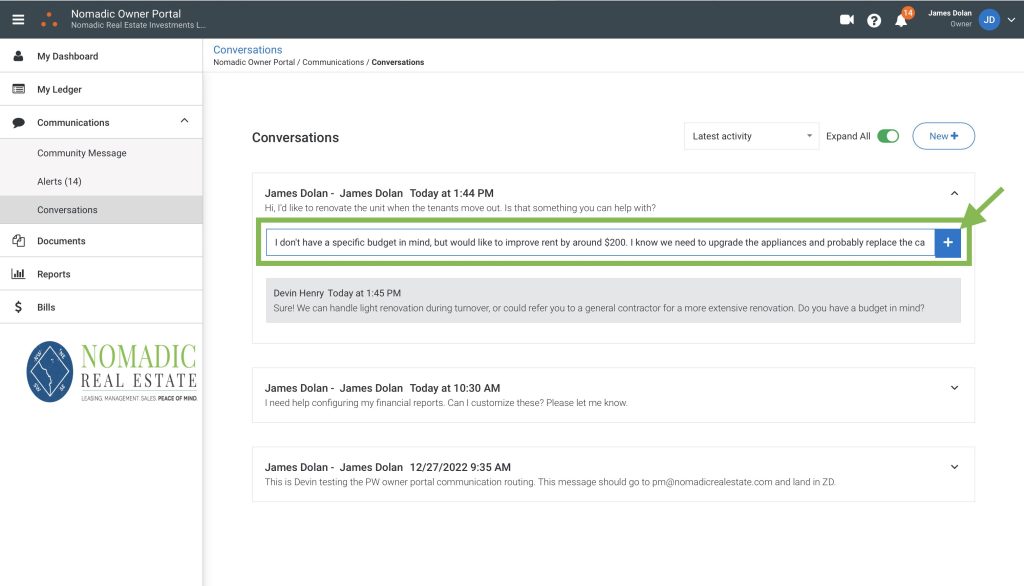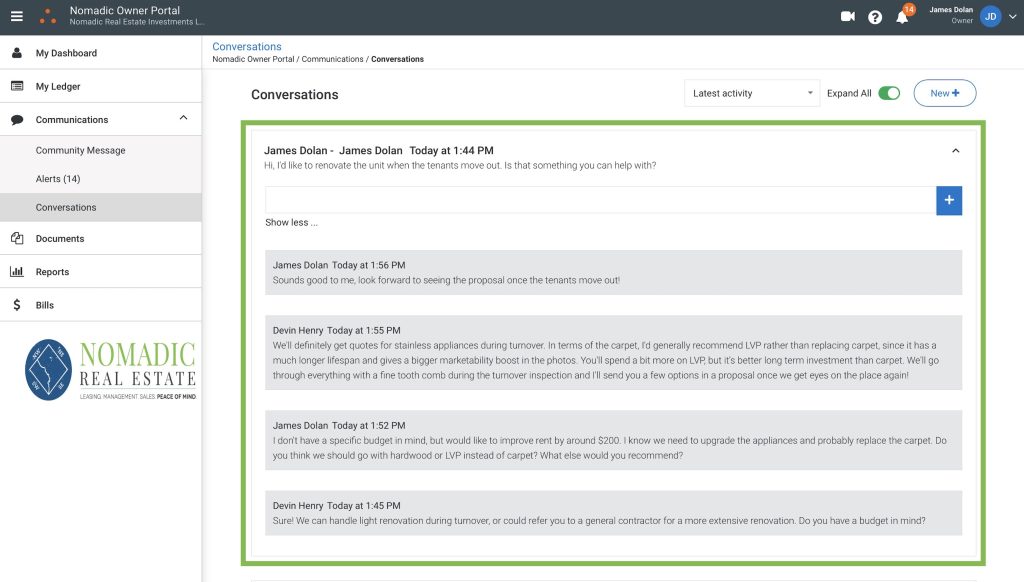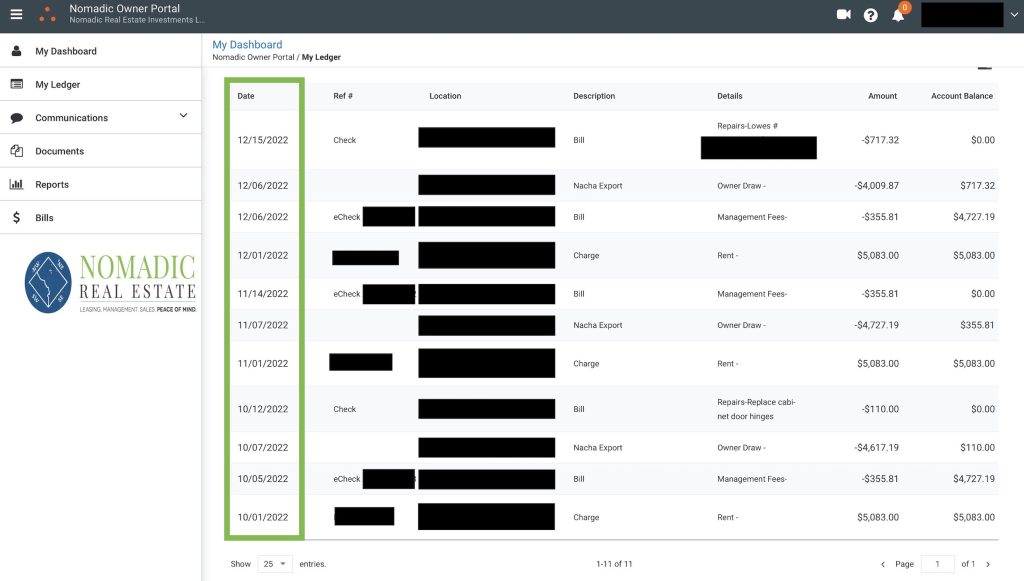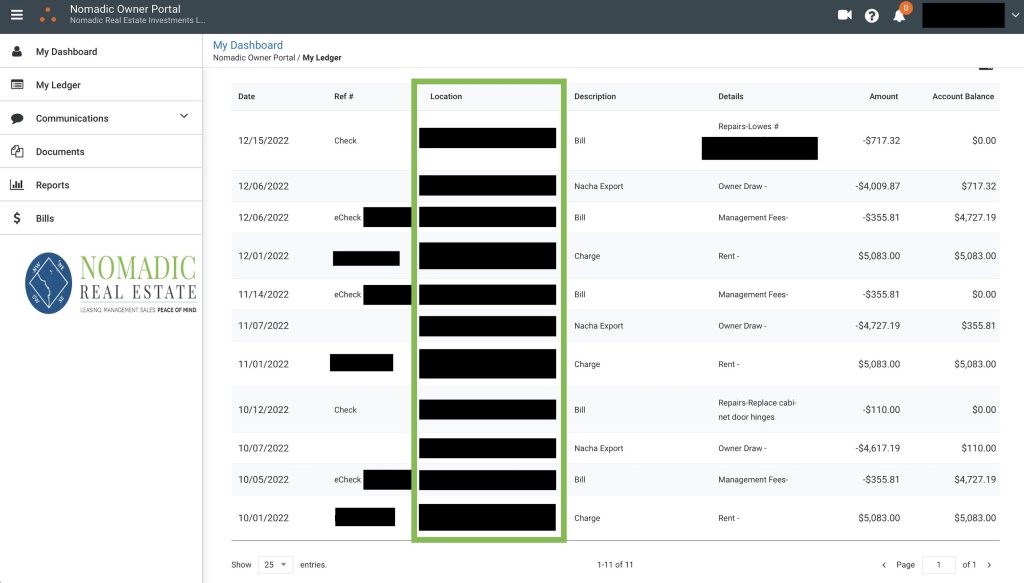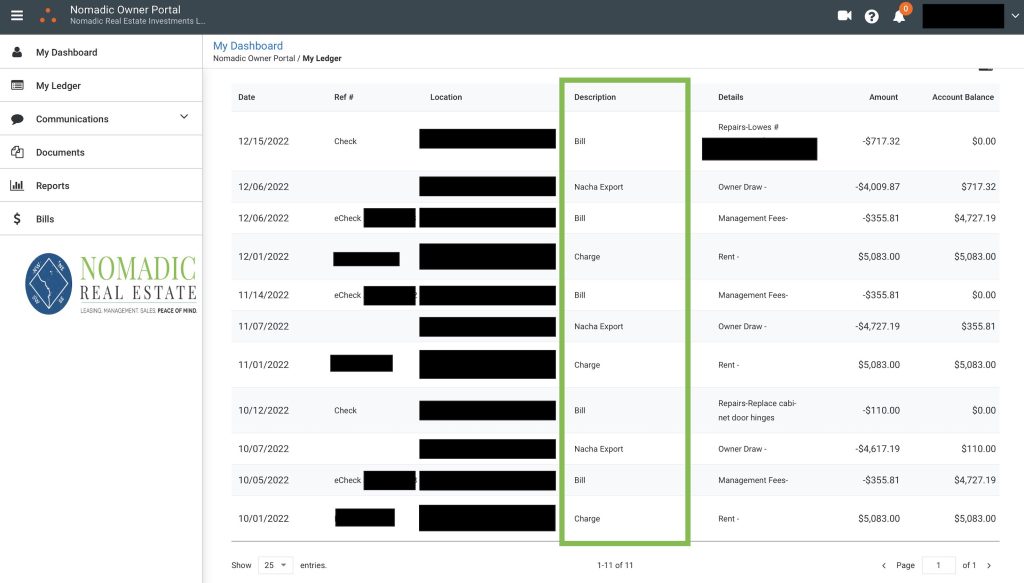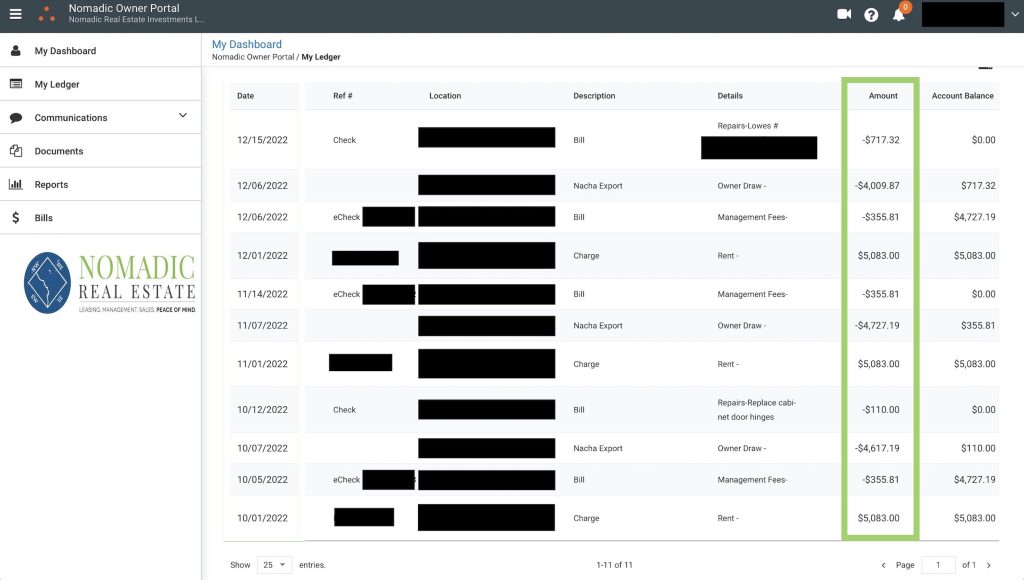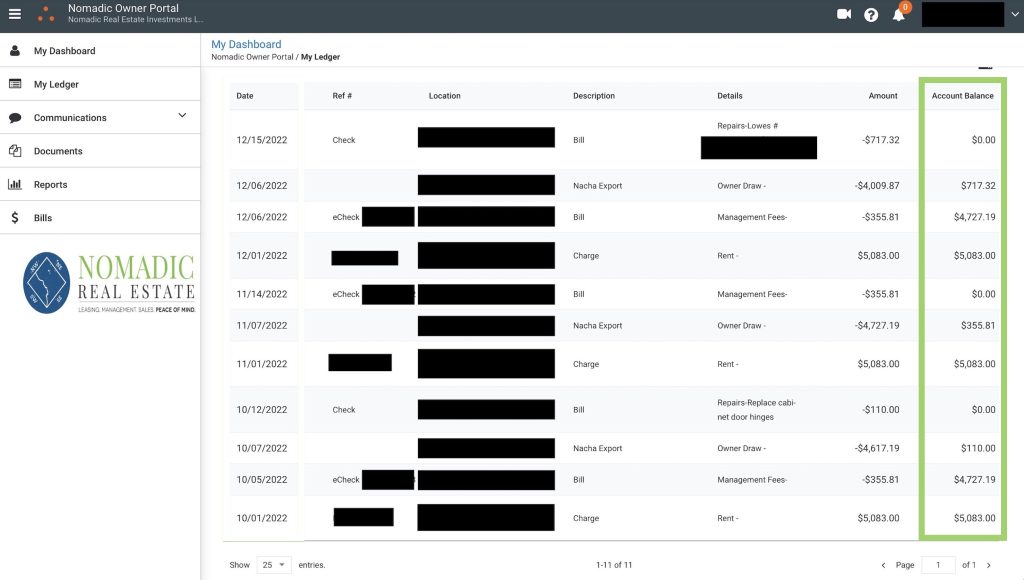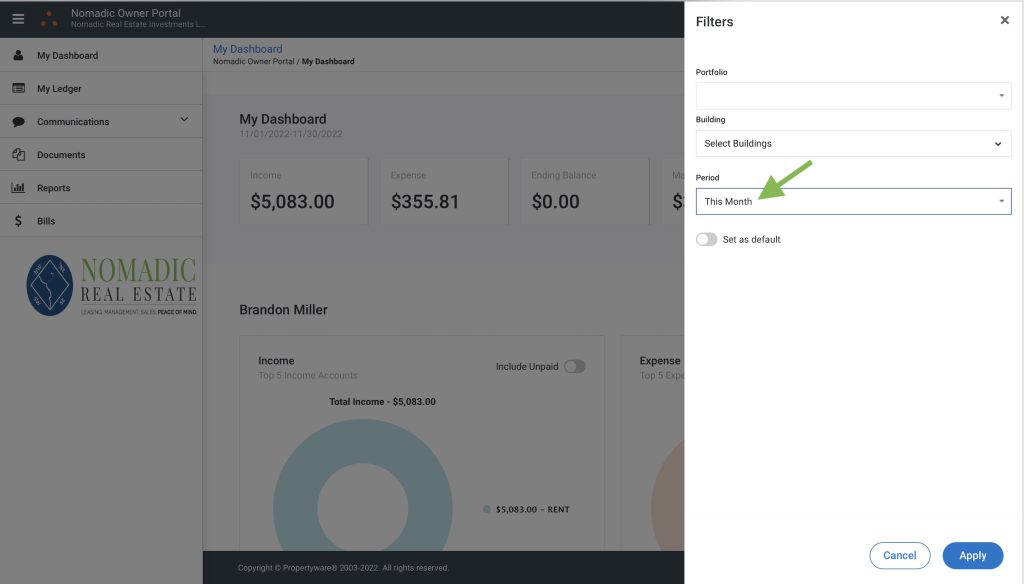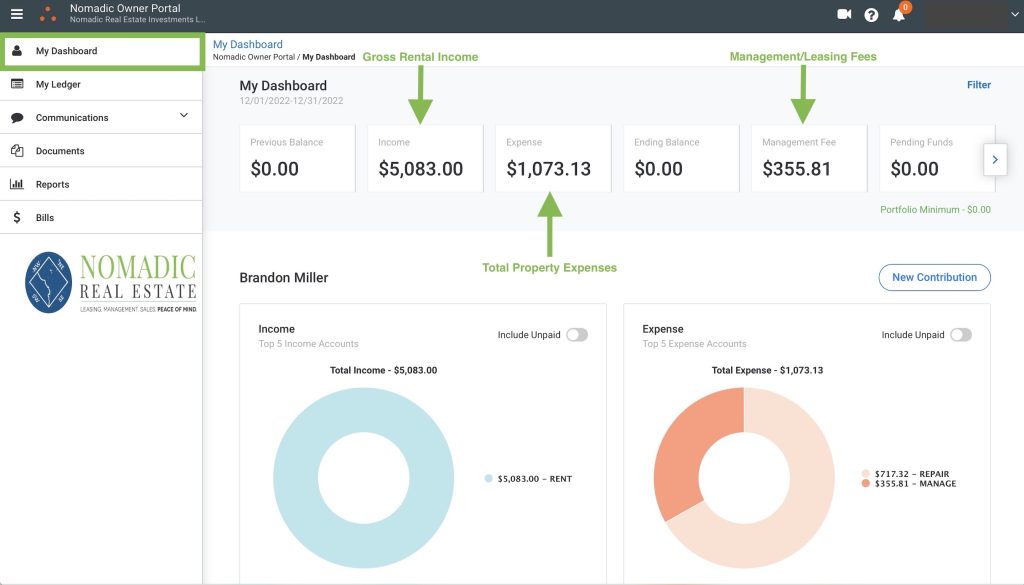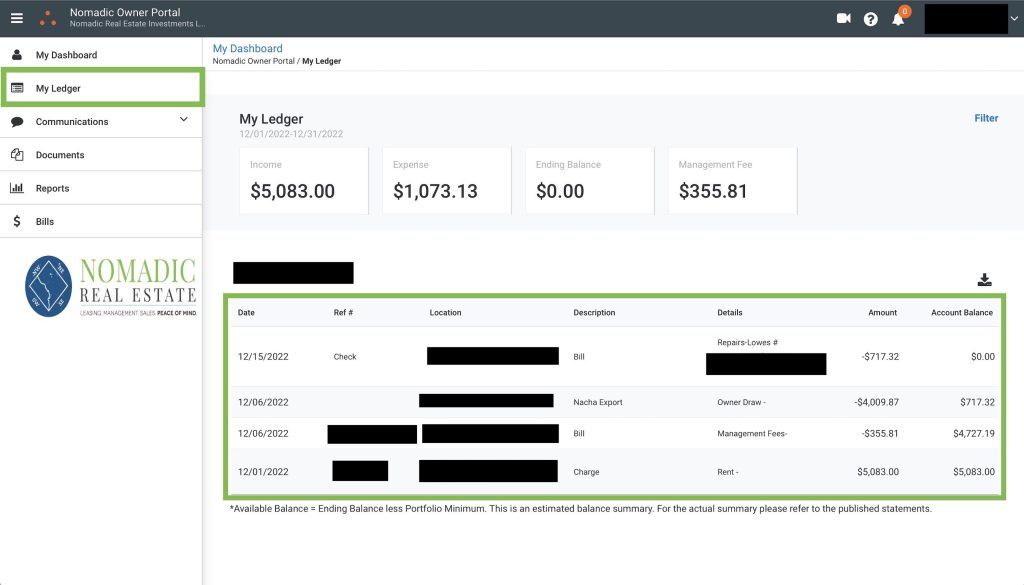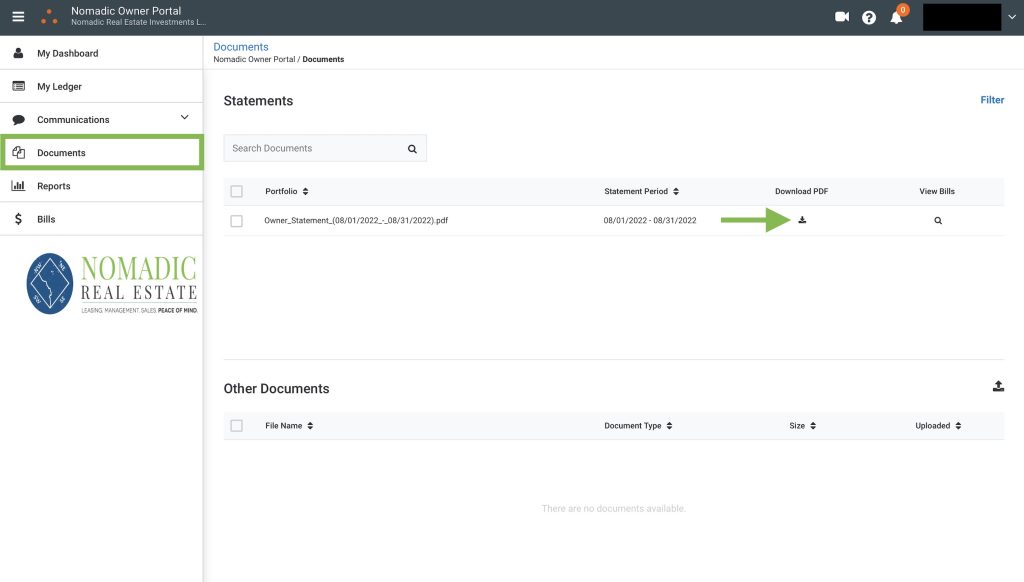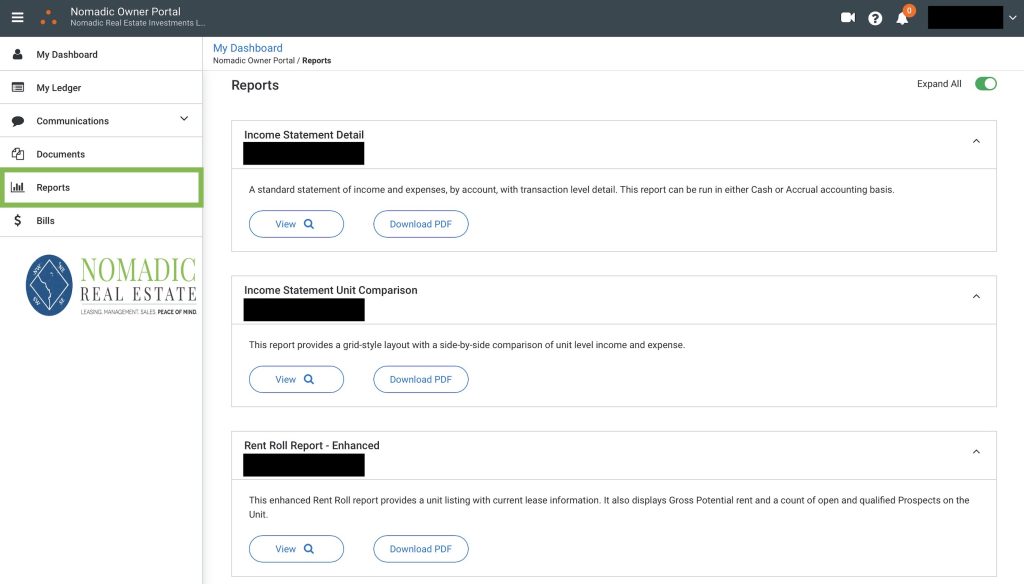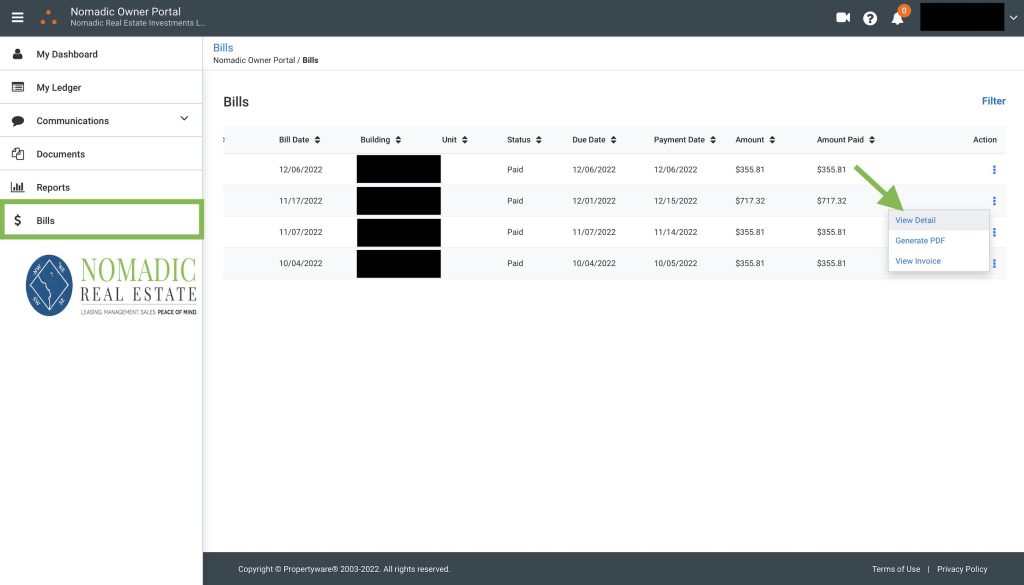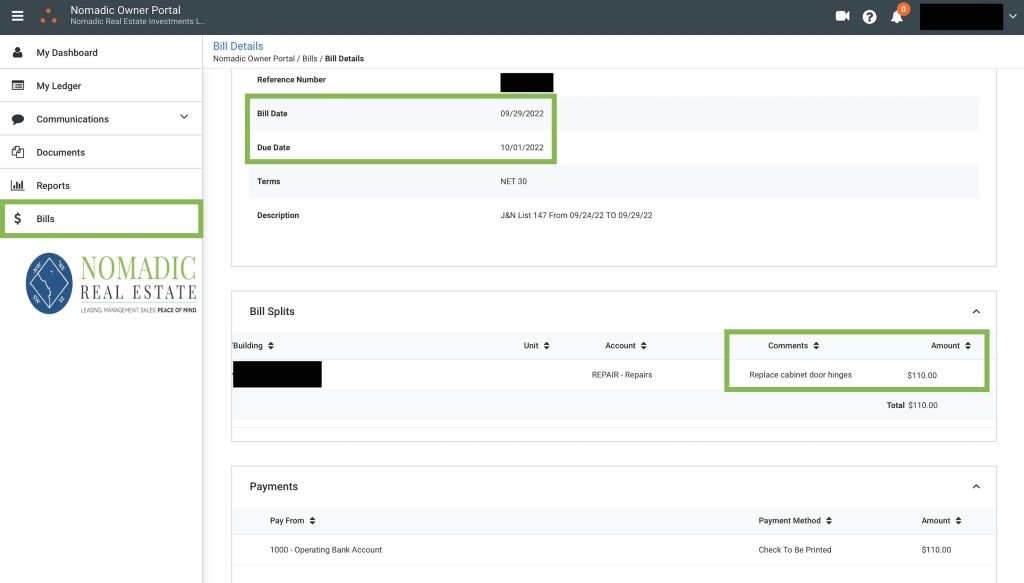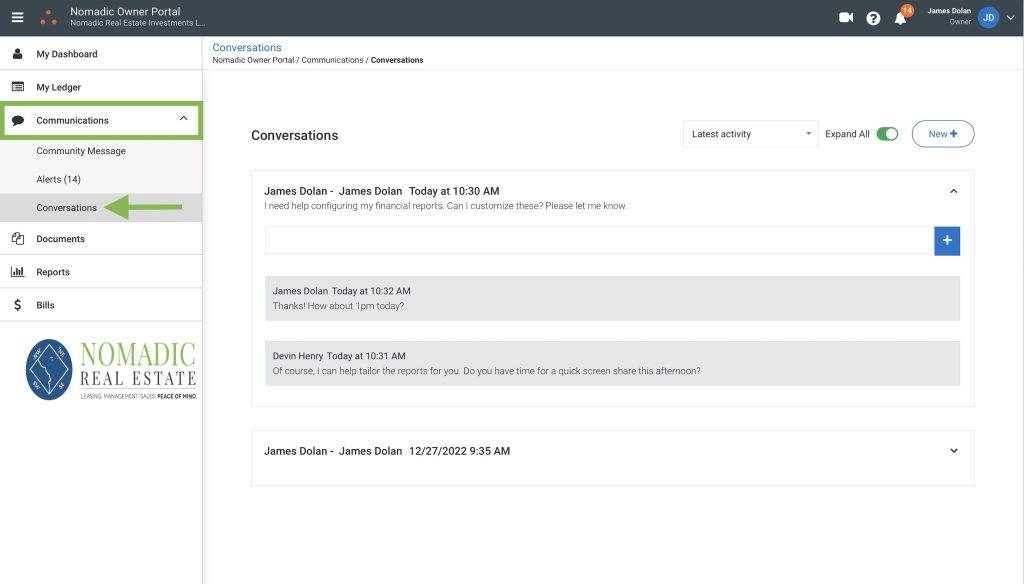Becoming a landlord can be a fun and profitable venture with lots of opportunities for investments and career growth. Many people who are interested in real estate decide to become landlords to diversify their investment portfolio, or simply to experience an adventure in the property sector. Still, there is more to being a landlord than meets the eye.
There are some very specific rules that all landlords should follow, plus certain things that each should do to ensure their tenants are happy with their living situations and that the law is always followed — even in tough situations. Here is a handy guide for anyone who is considering becoming a landlord, including information about what they can and cannot do.
4 Things Landlords CAN Do
It can be tricky to define boundaries between landlords and tenants. The important thing to remember is that your tenants are your clients, and you want to keep your clients happy so they remain with you as long as possible. That can be tricky when issues arise, but there are some basic things that all landlords are generally allowed to do.
- Enter to perform maintenance requests
When a tenant logs a maintenance request, it is perfectly acceptable for landlords to enter the apartment or residence to fulfill the maintenance ticket. The landlord should check with the tenant beforehand to establish an approximate time frame for entry, if at all possible, thereby giving the tenant ample notice to prepare for the visit.
- Show properties that are for sale
If a property is listed on the market, landlords have the right to enter the residence or business to show it to potential buyers. As with maintenance requests, it is worthwhile to set a time for the showing with a current resident if the property is occupied.
- Enter to serve a court order
Landlords are generally prohibited from entering an occupied residence without prior warning, with very few exceptions. One of these exceptions is in the case of a court order: If the landlord does obtain a court order, he or she is able to enter the residence with or without advanced notice to the current tenant.
- Enter to check on health or safety concerns
If there is a legitimate concern over health and safety at the residence in question, a landlord is able to follow up on those concerns. For example, landlords can enter the property if they suspect that there is mold, water damage, or that the tenants might have had an accident and require emergency care. They are allowed to check on the situation to ensure the tenants there are living in safe conditions.
A good rule of thumb is to speak with your current tenants ahead of time — unless you’re in an emergency situation — to set up visits to the property so as not to infringe on their rights to quiet enjoyment.

What A Landlord CANNOT Do
Even more important than the rules for what landlords are allowed to do is the list of what they should not. In order to establish a solid landlord-tenant relationship, it is vital that property managers and landlords respect these rules and don’t cross any established boundaries.
- Enter without notice
According to many state statutes, landlords are not able to enter a residence without advanced warning even if the property belongs to them. There are a few states that require landlords to get the tenant’s written approval prior to entering and in some cases, there are hourly restrictions, so always check statutes ahead of time.
- Enact unreasonable rent increases
Leases are legally binding and require the consent of both parties. Therefore, landlords are not able to raise the rent on a residence without one of a few conditions being met. These conditions could include a new tenant being added to the residence in question, pets added to the unit, or significant upgrades to the property. Still, these things should be discussed with the tenant ahead of time to avoid conflict.
- Change the locks to force tenants out
Landlords should always do their best to maintain open lines of communication with their tenants. No major changes should be made to the property without updating the tenant, unless there are extenuating circumstances. One thing landlords should avoid is changing out the locks on the property to force tenants out. This is illegal, and there is a much better way to handle the situation.
- Discriminate
Make no bones about it, discrimination is never a good idea. No landlord should ever practice discrimination against any tenant, regardless of the circumstances. This is legally backed by the Fair Housing Act, which forbids anyone from refusing to rent to an applicant on the basis of religion, race, gender, familial status, origin, or handicap.
- Expect tenants to vacate on short notice
Landlords must place realistic expectations on tenants, even if they are having issues with them. They should go through proper legal channels to evict someone, and most states require a 30-day notice unless there are other circumstances to consider.
- Place personal restrictions on tenants
Another part of the Fair Housing Act that landlords are required to respect is the portion that states they cannot discriminate against tenants on the basis of the children they have or plan to add. Landlords should not ask tenants if they are planning to have children in the future, or other personal questions such as what church they attend.
- Ask tenants to make major repairs themselves
Landlords are required to make all major repairs themselves, and it is illegal to ask tenants to handle such repairs or updates out of pocket. It is even legally required that landlords make minor repairs in some areas, so it is always worth checking your state’s laws on the proper approach if you find yourself in such a situation.
It’s important to remember that your tenants are typically reasonable humans with the same needs and wants as everyone else. Treat them with proper respect and consideration, and you’ll likely get along great for years to come.
How to Be a Good Landlord
In addition to all the above rules, there are some common sense things that every landlord can do to foster great landlord-tenant relationships. These include:
- Being responsive and timely with requests and questions
- Always providing advanced notice to tenants when possible
- Being courteous and respectful to your tenants, even in sticky situations
Becoming a landlord is an exciting adventure that can offer many opportunities for personal wealth advancement. If you have any questions about DC property management or becoming a landlord, contact Nomadic Real Estate today!









